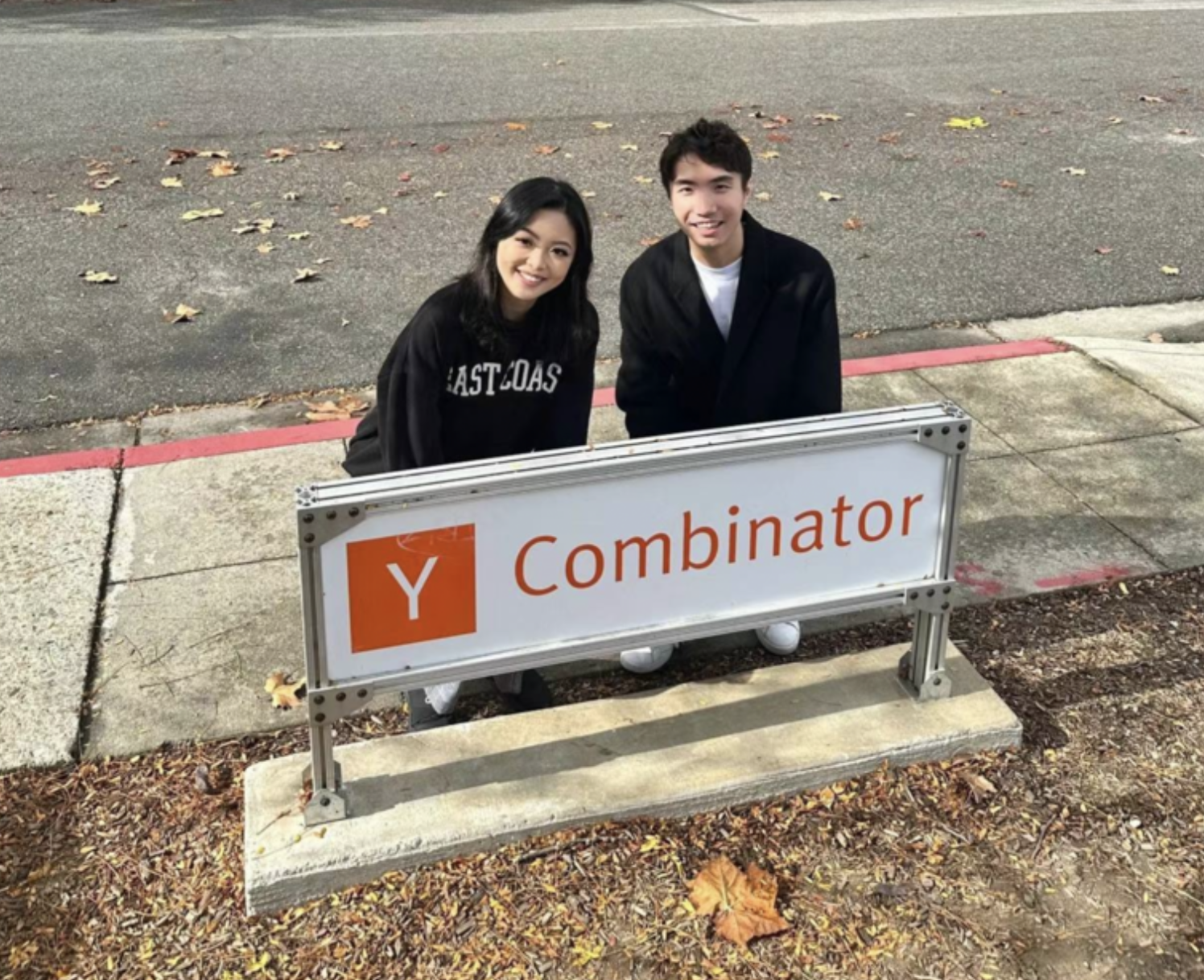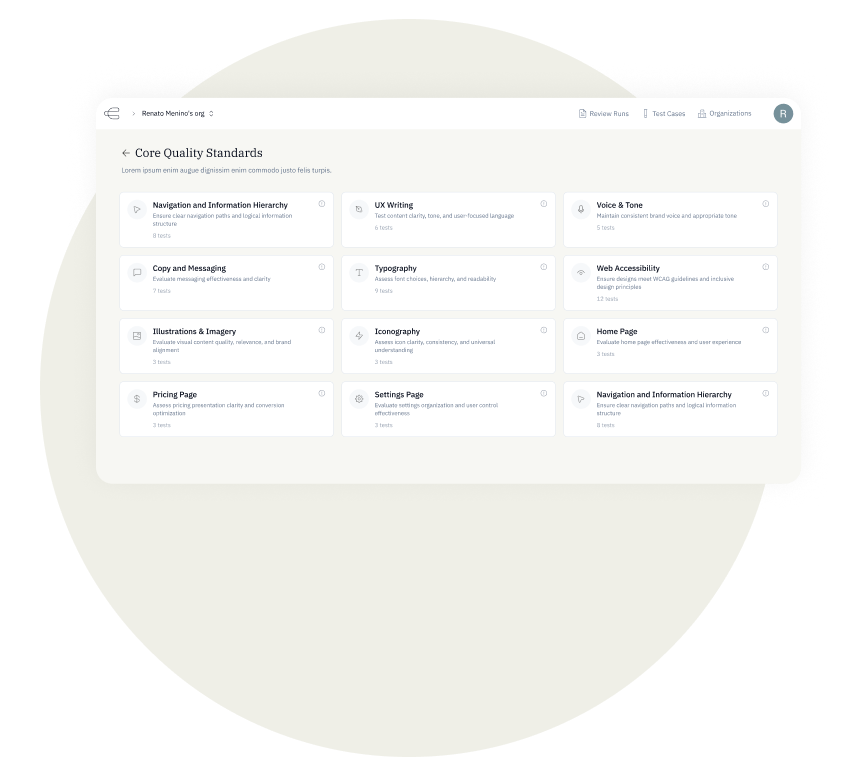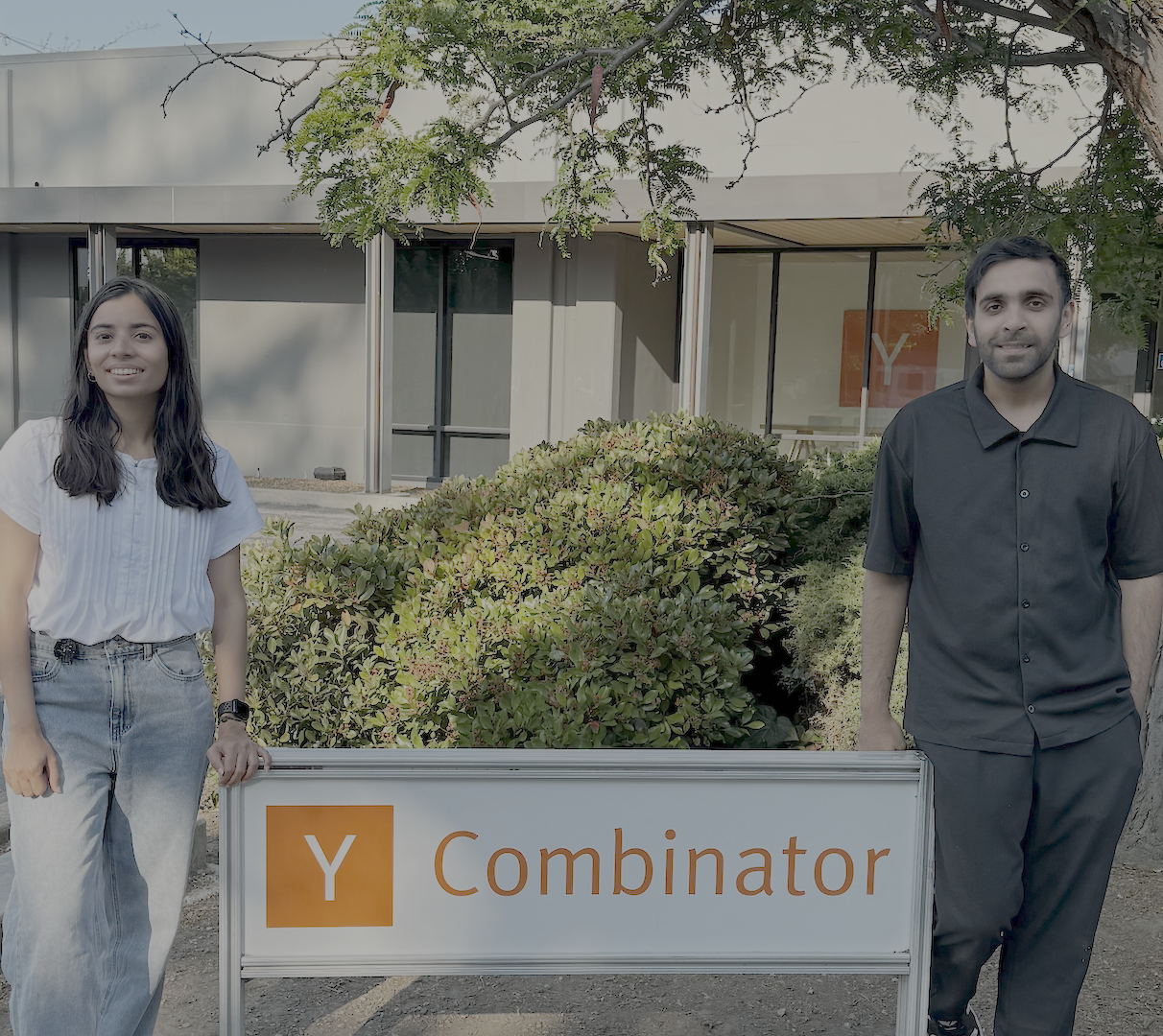In today's globalized business landscape, companies face significant challenges when hiring international talent.
Choosing the right Employer of Record (EOR) platform can significantly impact your company's global hiring strategy and operational efficiency. As businesses increasingly build international teams, navigating the complexities of cross-border employment becomes essential for sustainable growth. The three leading EOR platforms-Deel, Remote, and Oyster HR-offer distinct approaches to solving global employment challenges, each with unique strengths and considerations for different organizational needs.
How Do EOR Platforms Transform Global Hiring?
EOR services eliminate traditional barriers to international hiring by taking on the legal employer role in foreign countries. These platforms handle everything from compliance and payroll to benefits administration, allowing companies to focus on core business activities rather than administrative complexities. The right EOR partner provides not just operational efficiency but strategic advantages in accessing global talent pools without establishing foreign entities.
Modern EOR platforms have evolved beyond basic compliance management to offer comprehensive workforce solutions. They now integrate advanced features like built-in HRIS systems, intellectual property protection, and specialized compliance tools. This evolution reflects the growing sophistication of global employment needs and the increasing importance of seamless international operations for businesses of all sizes.
The competitive landscape continues to develop as these platforms expand their geographical coverage and feature sets. Understanding the nuanced differences between Deel, Remote, and Oyster HR helps organizations align their selection with specific international employment strategies and business requirements. Each platform offers distinct advantages that may prove decisive depending on your company's unique global workforce needs.
Key Factors for Selecting Your EOR Partner
When evaluating EOR platforms, several critical factors should guide your decision-making process. The right platform aligns with your specific business requirements while providing the necessary infrastructure for compliant global employment. Consider these essential evaluation criteria when comparing options:
- Geographical coverage: Assess whether the platform operates in all your target countries and regions
- Entity ownership model: Understand if the platform uses owned entities or third-party partnerships
- Compliance expertise: Evaluate the depth of local regulatory knowledge and risk management capabilities
- Integration capabilities: Consider how seamlessly the platform connects with your existing tech stack
The entity ownership model represents a particularly significant differentiator among these platforms. Remote emphasizes its 100% owned-entity approach, which they claim provides enhanced security and compliance control. Deel combines owned entities with strategic partnerships, while Oyster utilizes a hybrid model to maximize geographical reach. These structural differences influence everything from data security to compliance management.
Support infrastructure varies considerably across platforms, with Deel offering 24/7 multi-channel support across 49 countries. Remote provides personalized assistance with dedicated account managers for enterprise clients, while Oyster relies primarily on a ticketing system. These support models reflect different priorities and may significantly impact user experience, particularly during urgent situations or complex implementations.
Core Services Comparison Across Leading Platforms
Each platform delivers the fundamental EOR services but with distinct implementation approaches and infrastructural differences. These core services form the foundation of their offerings, though the execution and emphasis vary significantly. Understanding these differences helps align platform selection with organizational priorities and operational requirements.
Deel's comprehensive infrastructure spans over 150 countries with 50+ proprietary payroll engines. This extensive network enables them to handle employment responsibilities directly rather than relying heavily on third-party partners. Their approach emphasizes control and consistency across markets, with in-house immigration services in major countries providing additional value for companies requiring visa support.
Remote's 100% owned-entity model serves as their primary differentiator, providing greater control over compliance processes and enhanced data security. Their platform focuses on straightforward global employment with particular emphasis on intellectual property protection through their proprietary "IP Guard" feature. This approach appeals especially to companies with sensitive IP concerns or strict security requirements.
User Experience and Platform Capabilities
The user experience varies considerably across these platforms, reflecting different priorities and design philosophies. These differences impact daily operations and can significantly influence overall satisfaction with the platform. Evaluating these aspects helps ensure alignment with your team's workflows and technical requirements:
Deel's platform features intuitive design and robust automation capabilities, with 68+ integrations enabling seamless data synchronization. Their system includes flexible payment scheduling and advanced global reporting features covering diverse metrics from payroll to diversity and inclusion. Users particularly appreciate Deel's straightforward onboarding workflows and automated compliance notifications that simplify complex processes.
Remote offers a clean, minimalist interface focused on simplicity and operational efficiency. Their platform emphasizes employee experience with user-friendly self-service portals and streamlined onboarding processes. While Remote provides customizable dashboards with real-time visibility into global operations, some users note its integration ecosystem isn't as extensive as Deel's, potentially limiting connectivity with existing systems.
Oyster HR delivers a user-friendly experience with guided workflows and an AI assistant to navigate international hiring complexities. Their contractor misclassification analyzer provides algorithmic assessment of worker classification risks-a unique feature not explicitly offered by competitors. However, users mention Oyster's more limited integration capabilities as a potential drawback, requiring more manual work when connecting with other business systems.
Payment Systems and Financial Flexibility
The payment infrastructure across these platforms reveals significant differences in flexibility, currency support, and financial tools. These capabilities directly impact both employer operations and employee/contractor satisfaction, making them crucial considerations for global workforce management. Payment systems often represent a daily touchpoint for international team members, influencing their overall experience.
Deel establishes itself as the most versatile payment solution, supporting an impressive 120+ currencies including cryptocurrency options. Their platform offers 15 different withdrawal methods for contractors, giving international workers unprecedented flexibility in accessing their earnings. Deel's unique Earned Wage Access feature allows employees to access wages before scheduled paydays, while their advance payment option for contractors provides similar flexibility.
Remote provides robust payment capabilities supporting major currencies with an emphasis on compliance and security rather than maximum flexibility. Their system features seamless currency conversion, consolidated invoicing, and automated tax calculations to ensure accurate and compliant payments. Remote's approach prioritizes reliability with guaranteed timely processing and comprehensive audit trails documenting all financial transactions.
Compliance Management and Risk Mitigation
Handling global compliance represents one of the most challenging aspects of international employment, with each platform taking a distinct approach. These differences in compliance philosophy and implementation can significantly impact risk exposure and operational confidence. Consider these aspects when evaluating which platform best addresses your compliance needs:
- Proactive monitoring: How actively the platform tracks regulatory changes across jurisdictions
- Indemnification coverage: The extent of protection offered against compliance violations
- Local expertise: Availability of in-country specialists for complex compliance questions
- Automated alerts: Systems for notifying users about relevant regulatory changes
Deel emphasizes proactive compliance management through its dedicated Compliance Hub, which automatically alerts customers to new regulations and potential violations. Their in-house legal experts continuously monitor regulatory changes across 150+ countries, ensuring employment contracts and practices remain compliant with evolving local requirements. This approach minimizes risk exposure while simplifying compliance management for global teams.
Remote prominently features their intellectual property protection system as a key compliance differentiator. They emphasize their 100% owned entities as a compliance advantage, claiming this structure provides more consistent protection than models using third-party partners. Remote offers uncapped indemnity coverage-a significant selling point for risk-averse organizations-and maintains dedicated local compliance experts in every market they serve.
Pricing Models and Cost Considerations
Pricing structures reveal significant differences in how these platforms approach cost transparency and flexibility. Understanding these nuances helps organizations accurately forecast global employment costs and identify potential hidden expenses. The total cost of ownership extends beyond base rates to include various additional factors that may impact overall expenditure.
Deel's EOR service costs $599 per employee per month with annual billing, with monthly billing available at higher rates. Their contractor management service runs $49 per contractor monthly, positioning them as the most expensive option for contractor management among the three platforms. Deel emphasizes transparent pricing but doesn't actively publicize potential additional fees for services like benefits administration or specialized compliance support.
Remote matches Deel's core EOR pricing at $599 per employee per month but offers more competitive contractor pricing at $29 monthly. Their "fair price guarantee" promises no hidden fees or mandatory deposits-directly addressing common concerns about EOR pricing transparency. Remote provides longer payment terms (14 days versus Oyster's 5 days) and supports invoicing in 14 currencies, offering greater financial flexibility for client organizations.
Specialized Features and Platform Differentiators
Beyond core functionality, each platform offers unique features that distinguish their services in the competitive market. These specialized capabilities often address specific organizational needs that may prove decisive for companies with particular requirements or priorities:
Deel's standout differentiators include:
- Built-in HRIS system: Comprehensive HR tools at no additional cost for companies with fewer than 200 employees
- In-house immigration services: Available in 50+ countries for companies requiring visa support
- Equipment management service: Handles the full lifecycle of employee technology across 130+ countries
Remote emphasizes intellectual property protection through their proprietary IP Guard system, designed to safeguard valuable assets across international boundaries. They also offer the only comprehensive global equity management system among the three platforms, allowing companies to compliantly issue equity to international team members. Remote's job board integration provides a direct channel for posting open positions and attracting international talent directly through their platform.
Oyster HR differentiates itself with specialized tools like their worker misclassification analyzer that helps companies assess and mitigate contractor classification risks. They offer particularly strong benefits administration capabilities, including regionally optimized insurance packages available in 165+ countries. Oyster also provides special programs specifically designed for nonprofit organizations and companies hiring refugees, including substantial discounts and dedicated support.
Geographical Reach and Local Expertise
The geographical coverage and entity ownership models distinguish these platforms significantly, influencing their ability to serve diverse international needs. These structural differences affect everything from compliance capabilities to local market knowledge, making them important considerations for global workforce planning.
Deel provides EOR services in over 150 countries, with direct ownership of entities in most locations except China. Their approach combines owned infrastructure with strategic partnerships in specific regions, allowing them to balance control with extensive coverage. Deel emphasizes having local experts across HR, legal, and payroll functions embedded in key markets to provide specialized regional knowledge and support.
Remote takes the most stringent approach to entity ownership, asserting 100% ownership and operation of all entities across their network. This model eliminates third-party dependencies, which Remote argues enhances compliance control and data security. Remote covers 190+ countries, operating through their wholly-owned infrastructure rather than relying on local partners for critical employment functions.
User Feedback and Reputation Analysis
User reviews provide valuable insight into real-world experiences with these EOR services, highlighting strengths and potential limitations from actual customers. These perspectives often reveal practical considerations that may not be apparent from feature comparisons alone. Consider these patterns from user feedback when evaluating platform suitability:
- Prioritize reviews from organizations similar to yours in size, industry, and global footprint
- Look for consistent themes across multiple reviews rather than isolated experiences
- Consider both positive feedback and critical comments to form a balanced perspective
- Evaluate how responsive platforms are to user concerns and feature requests
Deel maintains the highest overall rating on G2 at 4.8/5 stars, with particularly strong scores for ease of use and quality of support. Users consistently praise Deel's intuitive interface, responsive customer service, and seamless onboarding processes. Critical feedback primarily centers on pricing concerns and occasional challenges with complex tax scenarios in certain regions.
Remote receives strong ratings averaging 4.6/5 stars on G2, with users highlighting their reliable compliance management and straightforward interface. Remote's owned-entity model receives positive mention for providing greater security and consistency across countries. Critical reviews most commonly cite occasional delays in support responses and limitations in customization options for specific countries.
Which EOR Platform Best Fits Your Global Strategy?
After comprehensive analysis, each platform offers distinctive advantages for different organizational needs. The optimal choice depends on aligning platform strengths with your specific priorities and international employment strategy. Consider your company's unique requirements, growth plans, and operational preferences when making this important decision.
For companies prioritizing payment flexibility, automation capabilities, and multi-channel support, Deel emerges as the leading option. Their extensive integration ecosystem, comprehensive in-house infrastructure, and robust contractor management tools make them particularly well-suited for technology companies and organizations managing diverse international contractor relationships. Deel's built-in HRIS and immigration services provide additional value for growing organizations seeking consolidated HR functionality.
Remote stands out for organizations placing premium value on intellectual property protection and entity ownership. Their 100% owned-entity model and uncapped indemnity coverage make them ideal for companies with significant compliance concerns or those handling sensitive intellectual property. Remote's transparent pricing approach and longer payment terms offer financial advantages, while their equity management capabilities benefit startups and technology companies offering equity compensation internationally.
Making Your Final Platform Selection
The decision process should involve careful consideration of your organization's specific needs and priorities. Taking a structured approach to evaluation helps ensure you select the platform that best aligns with your global employment strategy and operational requirements. Follow these steps to make an informed decision:
- Document your requirements: Clearly identify your must-have features and geographical needs
- Prioritize decision factors: Determine which aspects (compliance, cost, support, etc.) matter most
- Request demonstrations: Schedule personalized platform demos focused on your specific use cases
- Speak with references: Ask for customer references in your industry or with similar global footprints
Oyster HR presents a compelling option for organizations requiring maximum geographical coverage, particularly in emerging markets. Their specialized compliance tools and competitive contractor pricing make them well-suited for organizations with diverse international workforces. Nonprofits and socially conscious businesses benefit significantly from Oyster's dedicated discount programs and refugee hiring initiatives.
The EOR landscape continues to evolve rapidly, with all three platforms regularly introducing new features and expanding their capabilities. Staying informed about platform developments helps ensure your selection remains aligned with your needs as both your organization and these services mature. Regular reassessment of your EOR partnership ensures continued alignment with your evolving global workforce strategy.
Accelerate Your Global Team Building Today
Selecting the right EOR platform represents a strategic decision that directly impacts your ability to build and manage international teams effectively. By understanding the distinct approaches of Deel, Remote, and Oyster HR, you can align your choice with your organization's specific needs and priorities. This alignment creates a foundation for successful global expansion and talent acquisition.
The optimal platform choice depends on your specific organizational priorities-whether maximum geographical coverage, owned-entity compliance control, or extensive integration capabilities. Each platform offers unique strengths that may prove decisive depending on your particular requirements and operational preferences. Taking time to thoroughly evaluate these differences pays dividends through improved global operations and reduced administrative complexity.
Global employment continues to evolve rapidly, with regulatory changes and technological advancements constantly reshaping best practices. Partnering with an EOR platform that demonstrates agility and forward-thinking approaches helps future-proof your international employment strategy. The right partner not only addresses today's challenges but anticipates tomorrow's needs, providing ongoing value as your global footprint expands.
Simplify Startup Finances Today
Take the stress out of bookkeeping, taxes, and tax credits with Fondo’s all-in-one accounting platform built for startups. Start saving time and money with our expert-backed solutions.
Get Started









.png)









